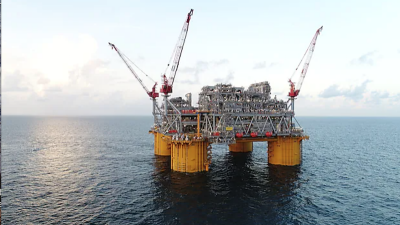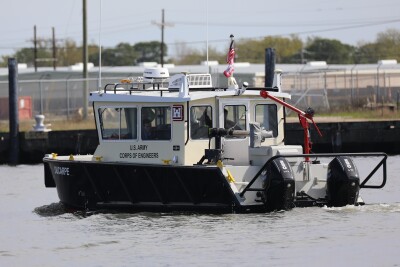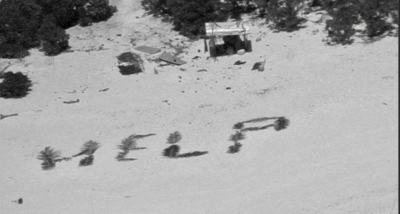In the past I’ve lamented about the erosion of the importance of oil in Louisiana. Not because of the pollution associated with burning it — of course, that’s not good — but for the economic lifeblood of the offshore energy market and the inland waterways.
The state is not only losing needed tax revenue, but I am mourning for the families that the oil and gas industry has supported for generations and what the energy sector in Louisiana that employs tens of thousands and their families that live off those salaries means to them.
BP said recently that the world’s seemingly inexorable lust for oil is over. Even if Covid-19 were eradicated tomorrow, oil consumption may never return to levels seen before the crisis. The oil giant’s most optimistic scenario sees demand no better than flat for the next 20 years as the world moves away from fossil fuels. BP plans to shrink oil and gas output by 40% over the next decade and spend billions annually on renewable energy.
Even the richest of the rich are leaking oil. With prices in the $40-bbl. range and Saudi Arabia needing oil to be in the $70-bbl. range to reach a breakeven point, the Saudi deficit could balloon to 11% of GDP. If you followed the industry in the 1970s and 1980s, you would never have thought such a thing possible.
Elsewhere, barged petroleum and biofuels from the Midwest to the Gulf of Mexico dropped during the second quarter of 2020 — 13.5% below last year’s second quarter, according to River Transport News.
But that’s not the worst of it. “Aggregate barged shipments of crude oil moving from the Midwest to the Gulf Coast fell to 2.922 million bbls. during the most recent (second) quarter, 48.9% below the 5.713 million bbls. shipped during the comparable year-ago period and 29% below preceding quarter shipment levels, RTN reported.
RTN said much of the drop in demand for oil is the fault of Covid-19, with monthly barged volumes during the quarter extremely volatile, ranging from a high of 1.4 million bbls. in May to a “breathtaking low” of just 324,000 bbls. in June. Not surprisingly, demand for gas and diesel fuel also plunged in the second quarter.





